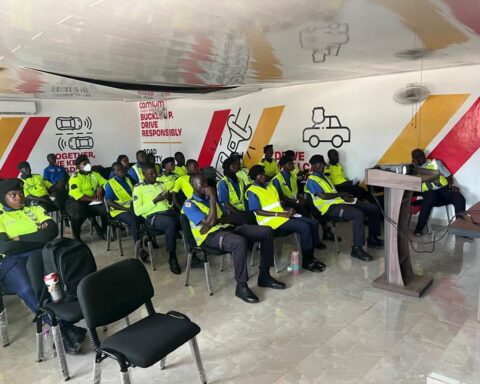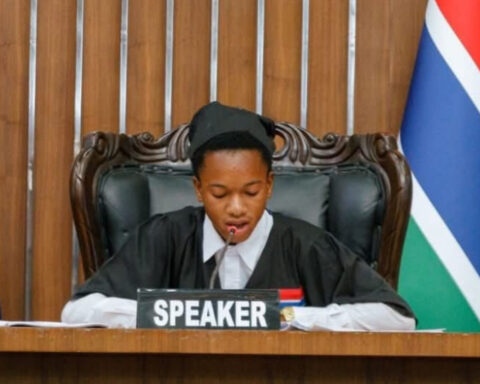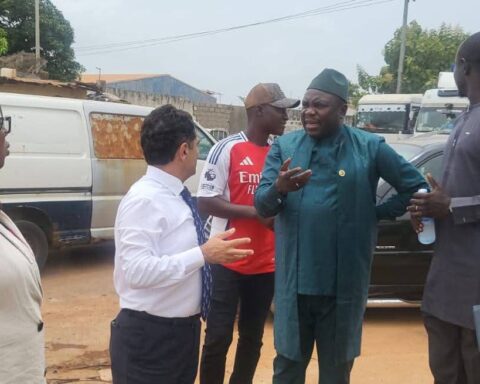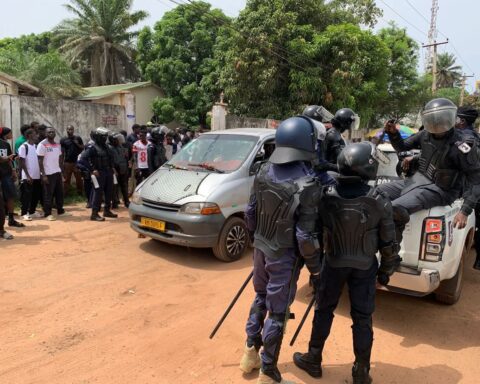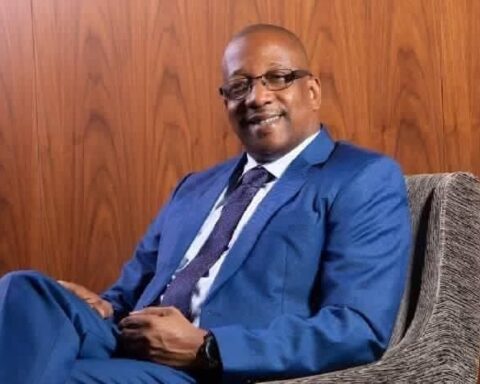Dear Editor,
It was an honour and a privilege to be invited to serve as a panelist at the launch of the book ‘The Battle of Beliefs’ by Muhammed Y Darboe. Especially when I realised that I would be sharing the mic with great individuals like Muhammed Kanyi, Madi Jobarteh, Alieu Darboe, Mr Lamin Manneh, my former student, Aminata Jaiteh and the erudite Foday M Sillah.
I wish to open with a quote from the book itself:
“Hope is not the light at the end of the tunnel. Hope is the breath you take when you realise you must walk out anyway.”
(Jaali Demba) – The Battle of Beliefs Page 74.
For me, this summarises the whole concept of hope versus pessimism and the arrival of the awaited Moses as portrayed in the book. When we realise that the very act of walking through the tunnel on our own feet – no one can walk it for us – is the hope that we must hold on to. Of course, some will be pessimistic, some will want to throw in the towel, but Jaali Demba’s statement tells us that hope is our act of getting up every morning to go and do the needful.
Let me quote a similar statement which conveys the same message in different words:
Each generation must, out of relative obscurity, discover its mission, fulfill it, or betray it. (Frantz Fanon)
In The Battle of Beliefs, Muhammed masterfully explores the tension between hope and cynicism in the political consciousness of a post-colonial African society. At the heart of this exploration lies the figure of Moses – a symbolic and literal character – whose emergence reflects a crucial turning point in the citizenry’s journey from despair to agency. We will come back to Moses later.
The text portrays hope not as blind optimism but as a radical act of resistance. It compels ordinary people to dream of change, even when the system is designed to suppress such dreams. Through Moses, the author personifies this spirit of determined optimism. Moses is not a perfect hero; rather, he is a reluctant leader, molded by the frustrations of his people and the weight of their collective yearning.
In fact, Moses is not one perfect individual who always gets it right. Moses is you and me – yes, you the one reading this book – you are Moses and must remember that you should rise every morning wanting to not only do good, but better.
Cynicism, on the other hand, is depicted as both a shield and a cage. Citizens have grown disillusioned with leaders who preach reform but practice repression. This skepticism is justified, and Darboe does not minimise it. Instead, he illustrates how cynicism can easily paralyse collective action when it is unchecked by vision. Many characters in the narrative retreat into silence or passive survival, fearing that hope will only lead to disappointment. It is in this atmosphere of doubt and resignation that Moses’s rise becomes so significant.
Citizenship in The Battle of Beliefs is redefined through Moses’s journey. Darboe argues that to be a citizen is to engage – question, protest, organise. Moses, at first just another voice in the crowd, steps into a leadership role not by force or charisma, but because he listens, learns, and dares to act. His emergence inspires others to reimagine their role in society – not just as spectators or victims, but as co-creators of their political future.
He uses allegory and realism in equal measure, drawing from Gambian socio-political realities while rooting the narrative in universal truths. The figure of Moses echoes historical liberators and modern-day activists, making his rise feel both urgent and timeless.
Ultimately, The Battle of Beliefs is a powerful reminder that hope is not naïve, cynicism is not wisdom, and citizenship is not a spectator sport. Moses’s emergence symbolises a rebirth of political engagement grounded in belief, struggle, and the courage to imagine a better tomorrow.
Ladies and gentlemen! I herein give you The Battle of Beliefs.
Thank you.
Yero Kani

